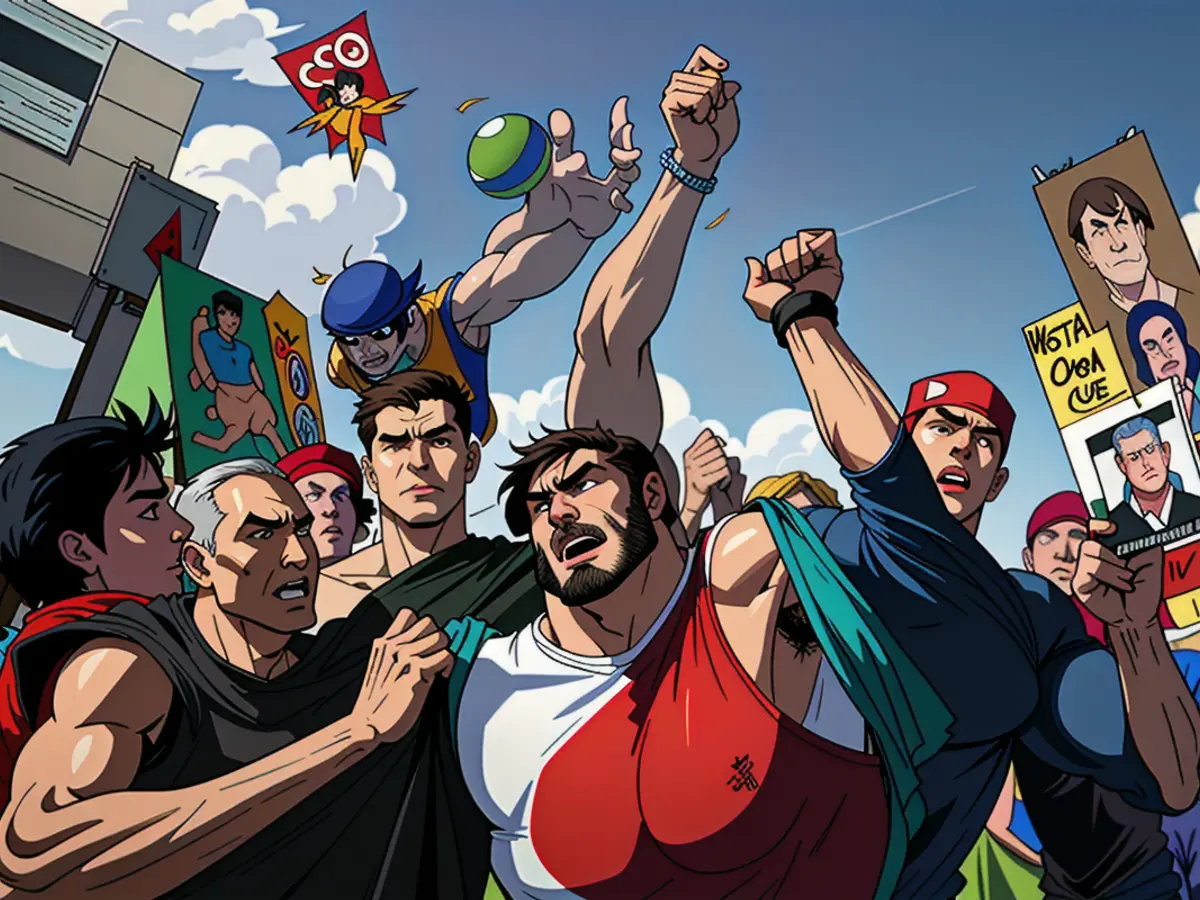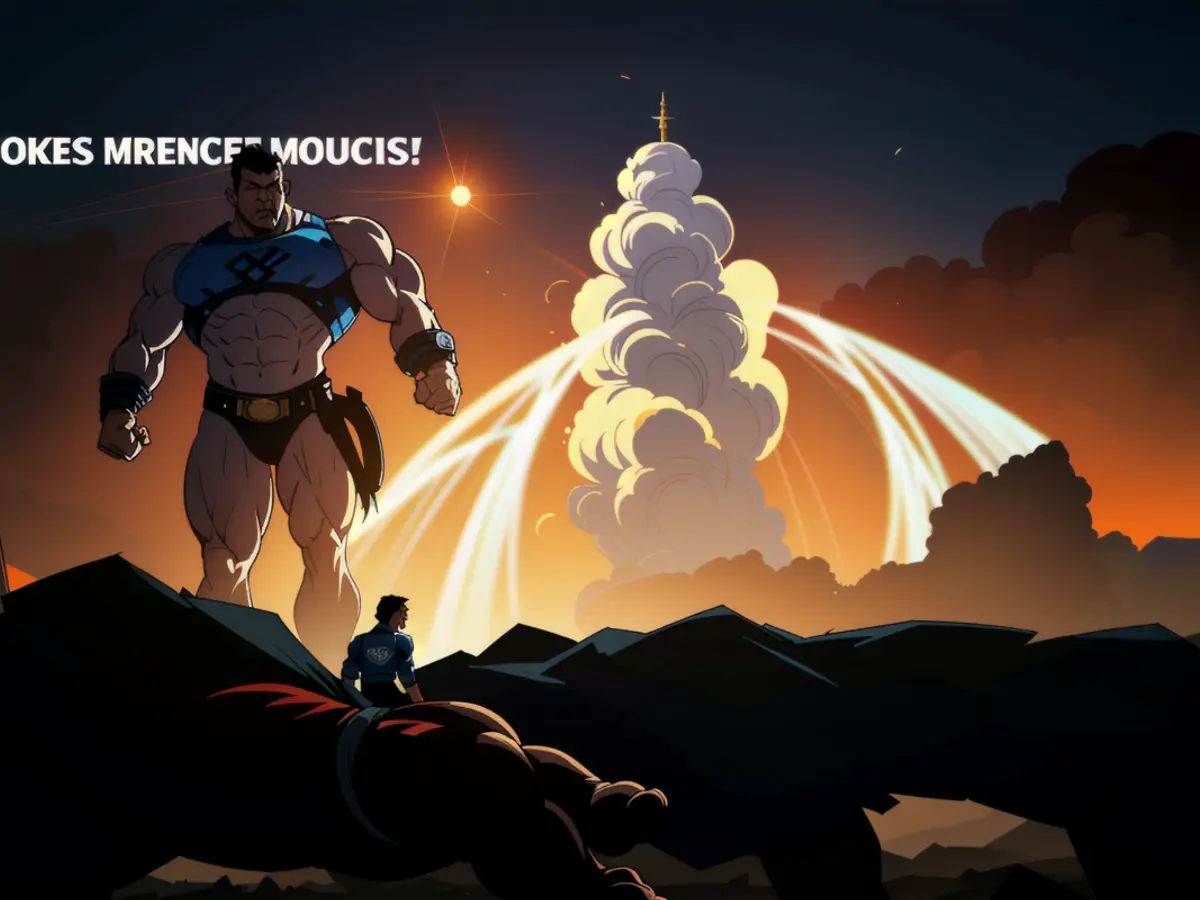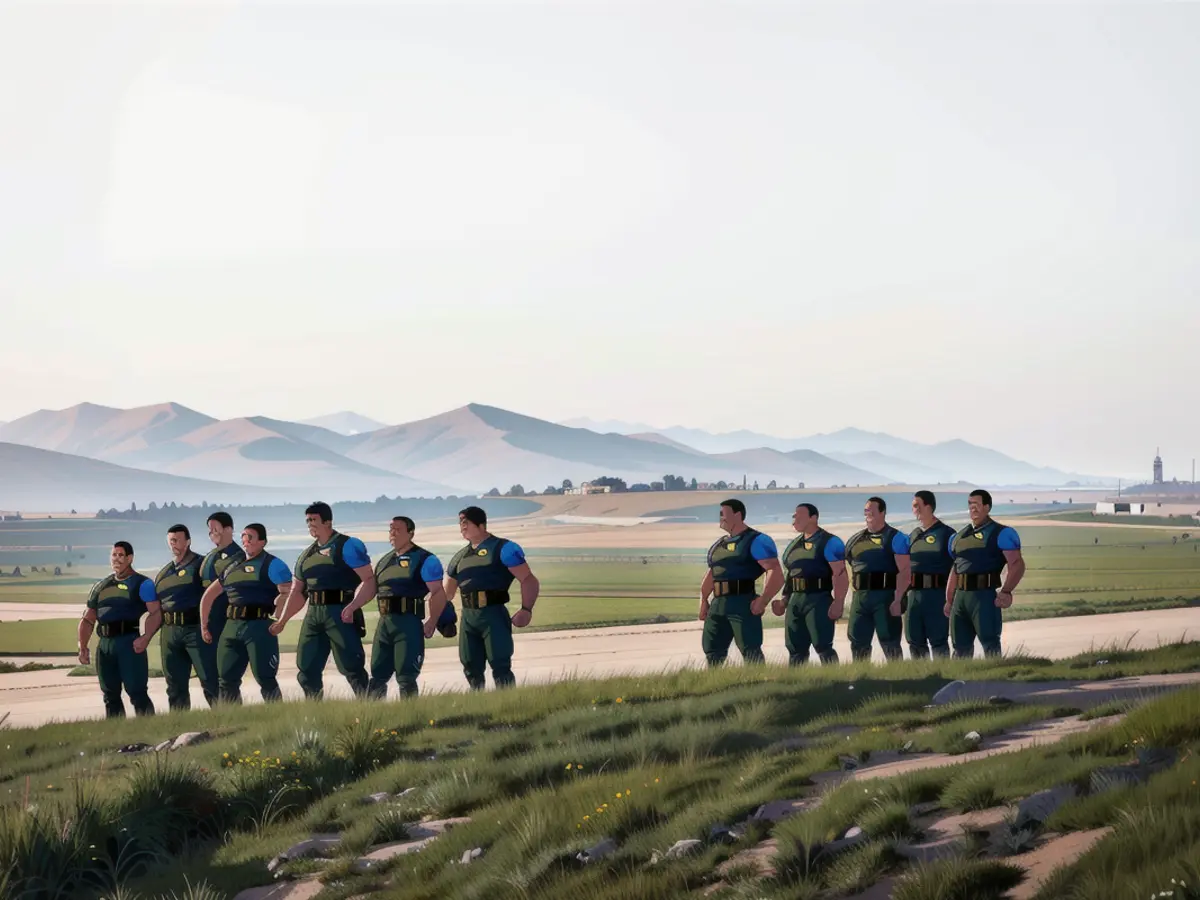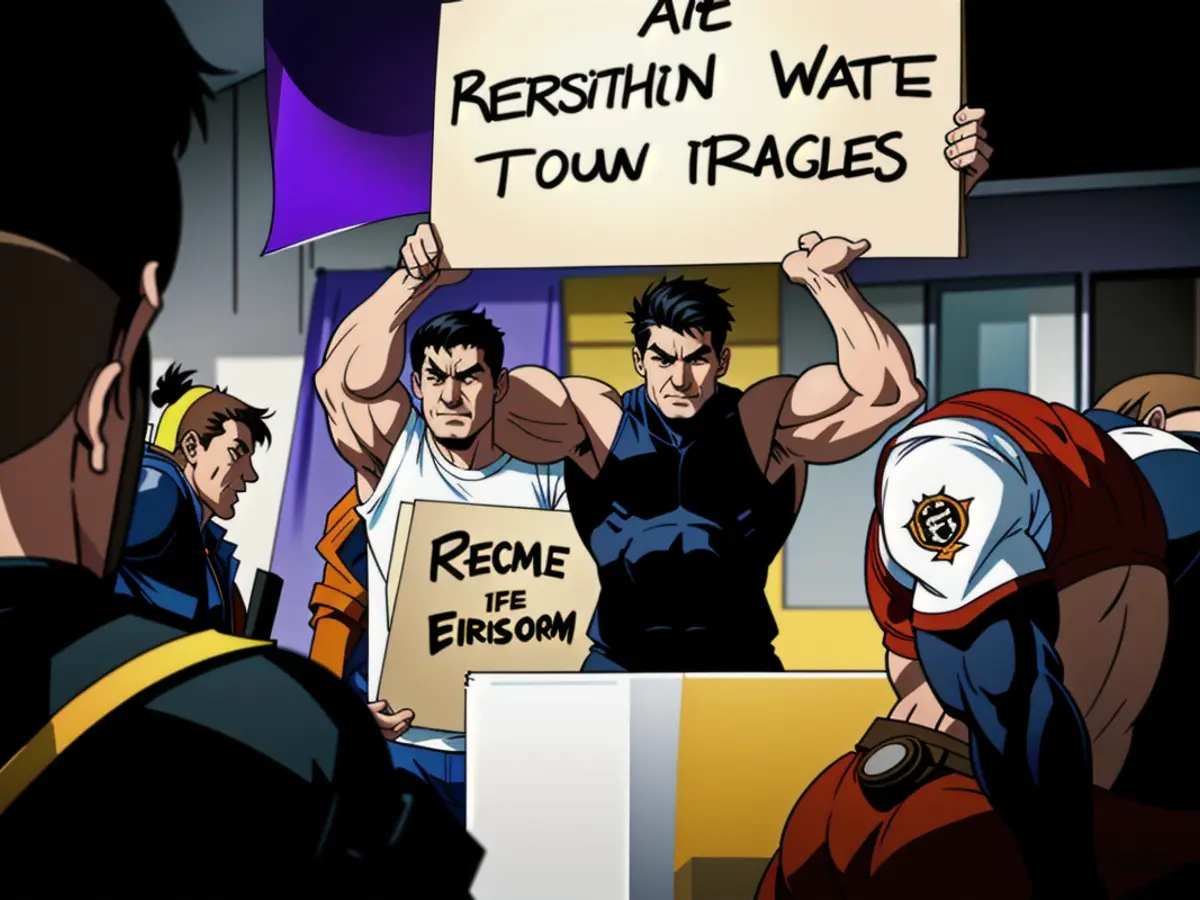Israelis rally in outrage against Netanyahu, demonstrating against the resumption of conflict in Gaza
In the heart of Jerusalem, protesters gathered outside Israel's parliament, known as the Knesset, venting their frustration towards Prime Minister Benjamin Netanyahu, who reignited the war in Gaza after a two-month truce with Hamas.
On Highway 1—the main artery connecting Tel Aviv to Jerusalem—protesters waved banners that read, "The future of the coalition or the future of Israel." This statement encapsulates the widespread belief that Netanyahu has prioritized the solidity of his governing coalition over the security of his country and its citizens throughout nearly 18 months of constant war and unsteady ceasefires.
The consequences of this latest round of fighting are far-reaching. Israel's military operations into Gaza overnight on Tuesday resulted in more than 400 deaths, according to Gaza’s Health Ministry, marking one of the bloodiest days of the conflict, and stirring feelings of despair and anger among Israelis. Palestinians, on the other hand, experience the bitter end of a fragile respite.
For Netanyahu, resuming the conflict has bolstered his shaky coalition, providing much-needed support amid his ongoing corruption trial and an approaching vote on Israel's budget. Yet, these actions have alienated numerous Israelis who see the renewed fighting as a reckless maneuver that threatens their democratic values.
Elias Shraga, chairman for the Movement for Quality Government in Israel, a legal watchdog, indicates that Netanyahu's war in Gaza is merely a means to maintain his grip on power. "Netanyahu wanted to escape justice," Shraga told CNN, lamenting the resulting "regime coup and this bloody war."
Netanyahu's scheduled court hearing for the ongoing corruption trial was canceled due to the resumption of military activities—further fueling accusations that he is using the conflict as a distraction. The prime minister vigorously denies any wrongdoing.
Opposition leader Yair Lapid joined the thousands protesting outside the Knesset, aiming to remind the government that they cannot act without consequence. "Israel is not going to stay silent when they're taking away our democracy," Lapid stated, donning a yellow ribbon to show support for hostages held in Gaza.
Deemed a political move, the renewed fighting appears to have rekindled the support of Itamar Ben-Gvir, the far-right minister who previously quit the government. Upon the fresh bombardment of Gaza, Ben-Gvir's Jewish Power party announced it would rejoin Netanyahu's coalition.
The renewed conflict is worrying for many Israelis who see it as corrosive to their democracy, as the nation remains divided over religion and secular matters. Artists like Yuval Yairi fear the potential of a civil war, lamenting the growing cynicism regarding democracy.
Despite the widespread criticism, others like volunteer ambulance driver Margalit Yachad stand by Netanyahu, believing he is acting in Israel's best interests. "We should respect the leader first," Yachad told CNN, concerned about the portrayal of the nation as divided, something she believes could encourage adversaries and hinder Israel's efforts towards peace.
- Protesters' banners in Jerusalem allude to a concern that Prime Minister Benjamin Netanyahu prioritizes his coalition's stability over the country's security, a sentiment that has arisen due to nearly 18 months of constant war and unsteady ceasefires in the Middle East.
- Elias Shraga, chairman for the Movement for Quality Government in Israel, suggests that Netanyahu's war in Gaza is not driven by national security concerns but rather a means to maintain his grip on power, avoiding his ongoing corruption trial.
- The resumption of military activities in Gaza has led to a resurgence of support for Itamar Ben-Gvir, the far-right minister who previously quit the government, as his Jewish Power party announces it will rejoin Netanyahu's coalition. This development, however, exacerbates concerns among many Israelis about the potential for a corrosive impact on their democracy.







